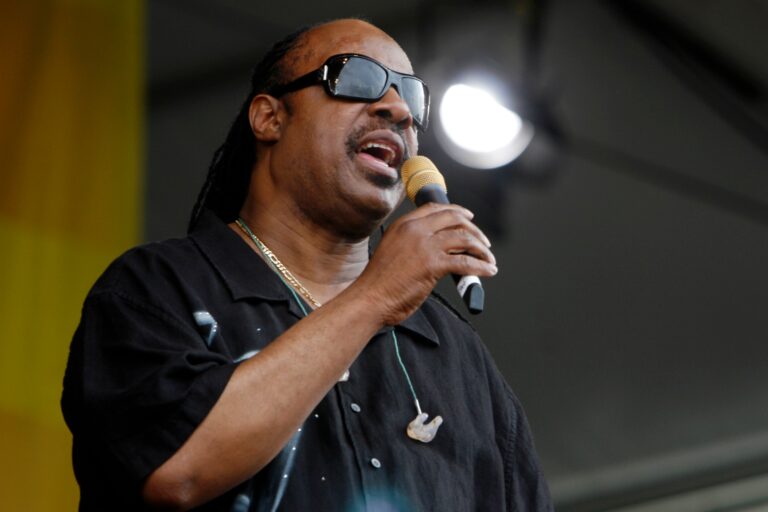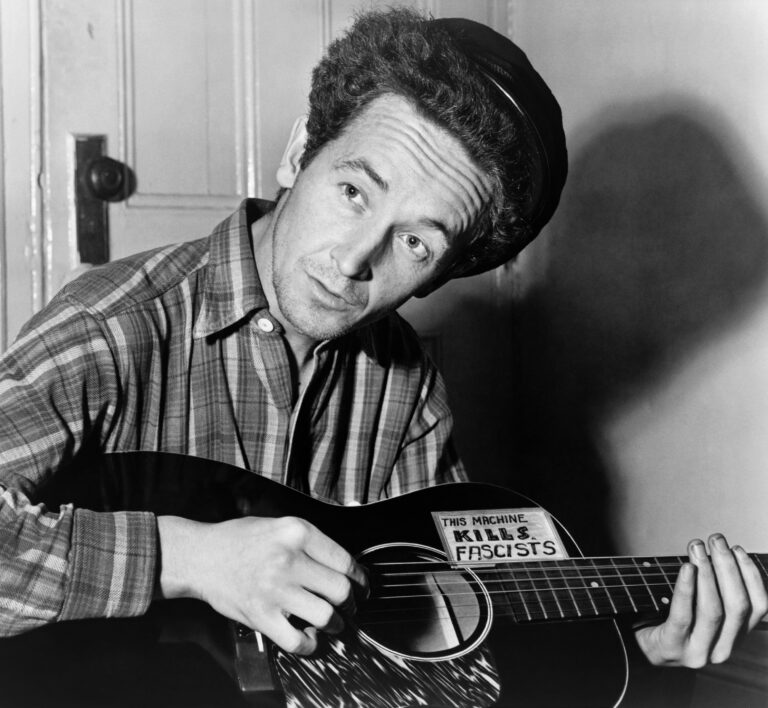
Rock and Roll Hall of Fame Chairman Says Institution Won’t Change Name

The Rock and Roll Hall of Fame has long been a revered institution, celebrating the rich tapestry of music history. However, its name has provoked debate amongst artists and the public alike, given the induction of various non-rock genres like rap and country. Despite these discussions, John Sykes, the chairman of the Rock Hall, firmly reiterated that there are no plans to change its name. His stance has been consistent, emphasizing that rock and roll historically encompasses a wide range of musical styles and influences. This perspective was shared in a series of interviews with various media outlets, where Sykes elaborated on the importance of educating people about what rock and roll truly represents.
John Sykes won't rule out adding new categories in the future, a possibility he has openly explored. This forward-thinking approach suggests a desire to evolve the Hall of Fame's recognition criteria beyond just musicians. Possible new categories may include individuals who have had substantial behind-the-scenes impacts, such as lawyers, agents, and record executives. By broadening the criteria, the Rock Hall aims to acknowledge those who've shaped the music industry in multifaceted ways. Additionally, Sykes indicates interest in honoring songs that have had significant cultural impacts, adding another layer of depth to the Hall's offerings.
Sykes' decision to keep the original name while considering new categories is rooted in a historical perspective. He recalls how, in the 1950s, rock and roll emerged as a broad musical genre covering sounds that influenced a plethora of music genres today, including hip-hop. Engaging with artists like Jay-Z, who initially resisted induction by questioning the relevance of rock to hip-hop, Sykes has emphasized that rock and roll should be viewed more as an influential spirit that persists across various music forms. By shedding light on how foundational artists like Little Richard, Chuck Berry, and Otis Redding laid the groundwork for today's diverse musical landscape, Sykes aims to reinforce rock and roll's expansive and inclusive legacy.
Despite some artists articulating discomfort with their inclusion due to genre definitions—Dolly Parton and Mariah Carey being notable examples—Sykes maintains that the Rock Hall is not merely limited to traditional rock genres. This perspective has allowed the Rock Hall to maintain its historical roots while progressively reflecting the dynamic nature of contemporary music.
As the Rock Hall continues to embrace this inclusivity, it highlights the notion that music is ever-evolving, and its honors should accordingly reflect contributions from a diverse array of artists and industry figures. The nominating committee, encompassing artists like Tom Morello, Questlove, and Sheryl Crow, suggests a continued dialogue about the criteria and expansion of these categories. This reflection and adaptation ensure that the Rock Hall remains a beacon of musical history, celebrating not only the icons of the past but also the architects of today's varied musical landscape.
Key Takeaways
TOP STORIES
RELATED ARTISTS
Related Stories
The Cult Announces Death Cult Tour 2025: A Historic Return to Their Gothic Roots
The Cult Death Cult Tour 2025 promises an unprecedented musical journey through four decades of rock evolution On July 15,…





















